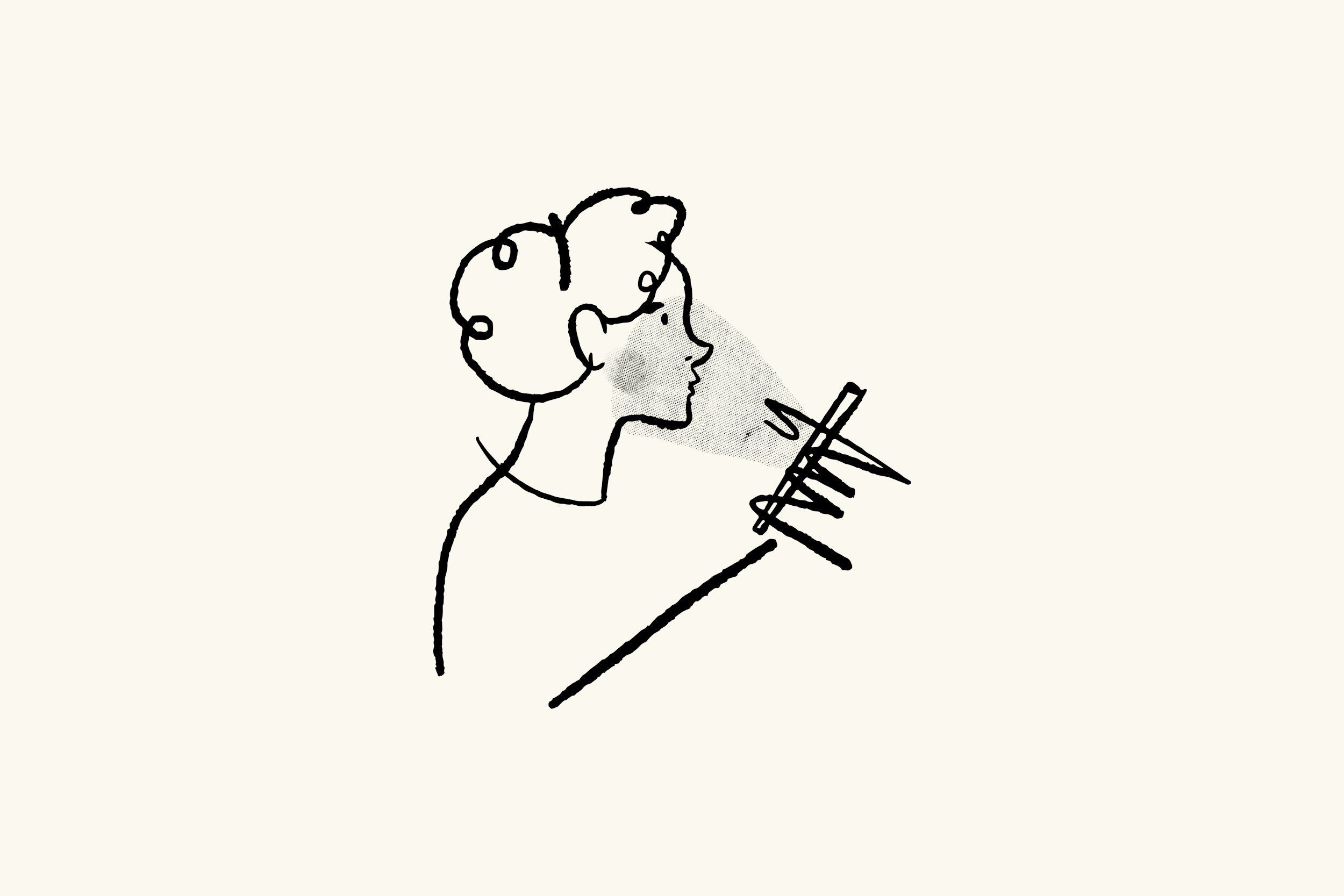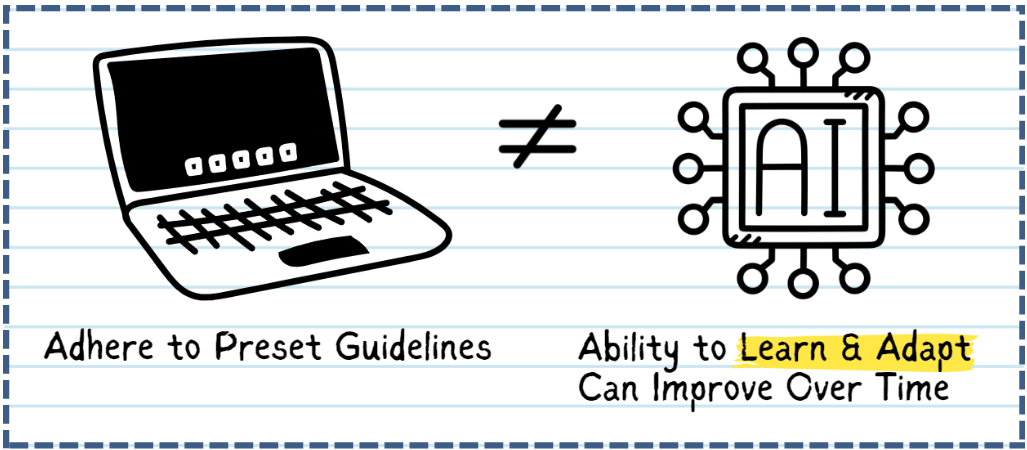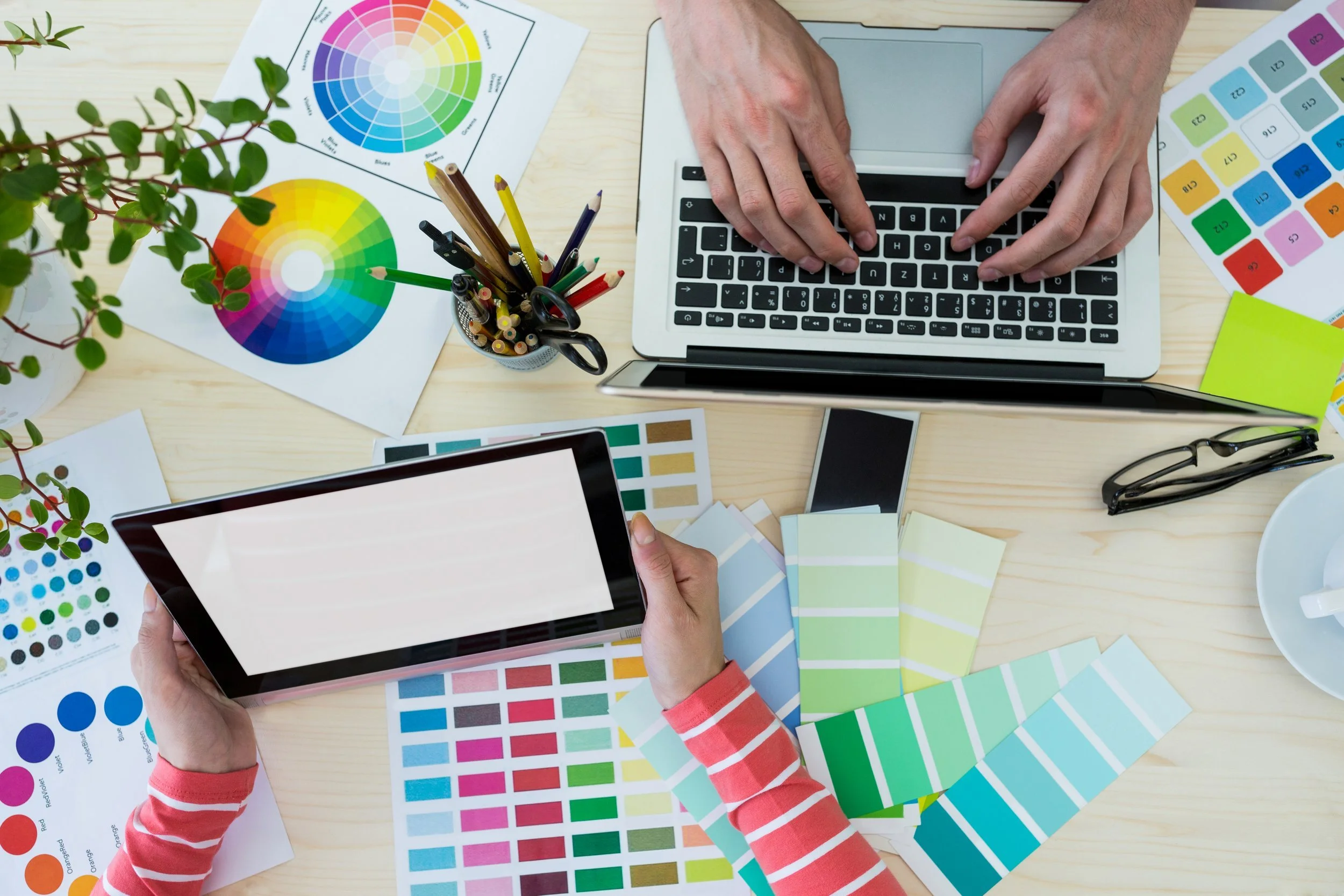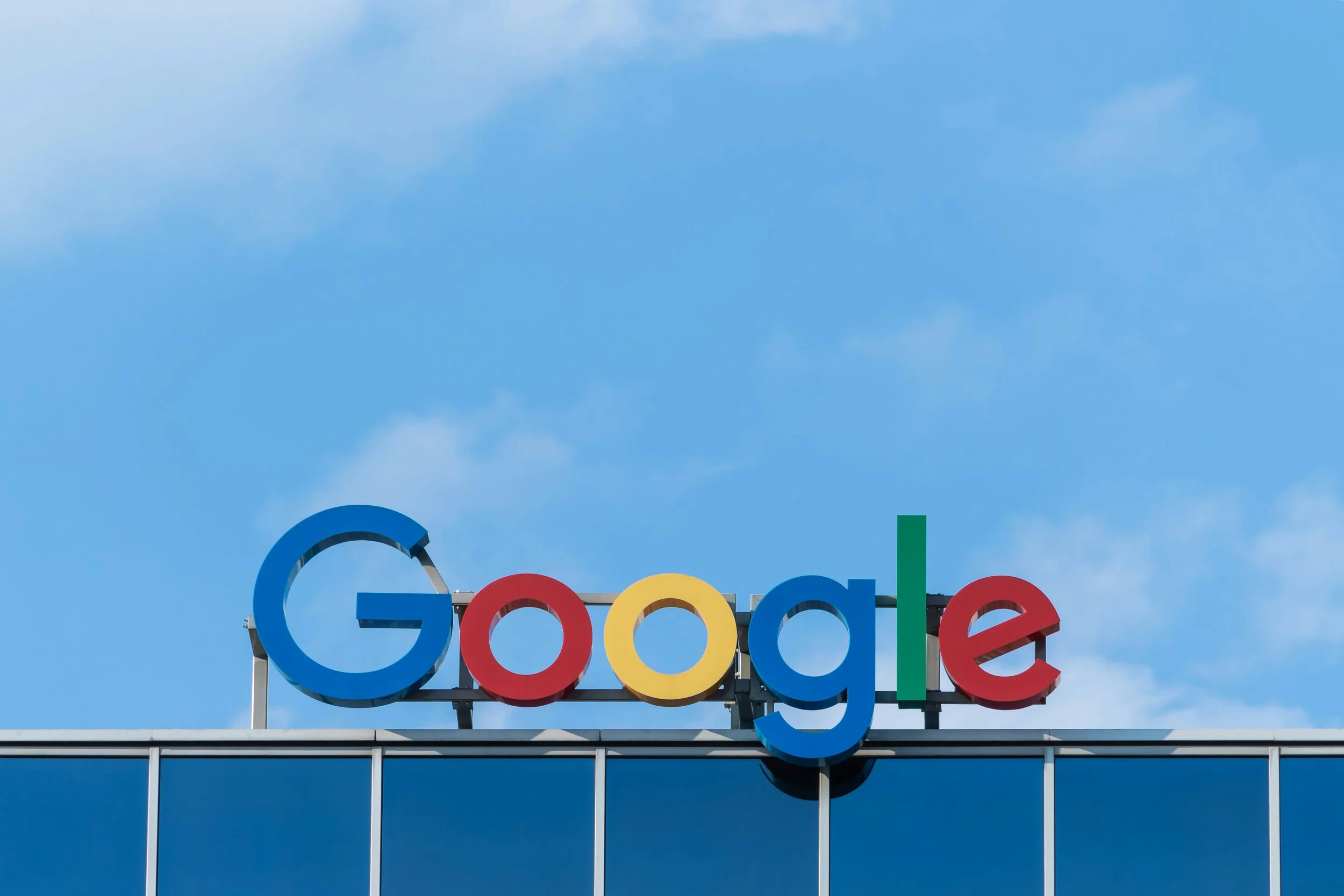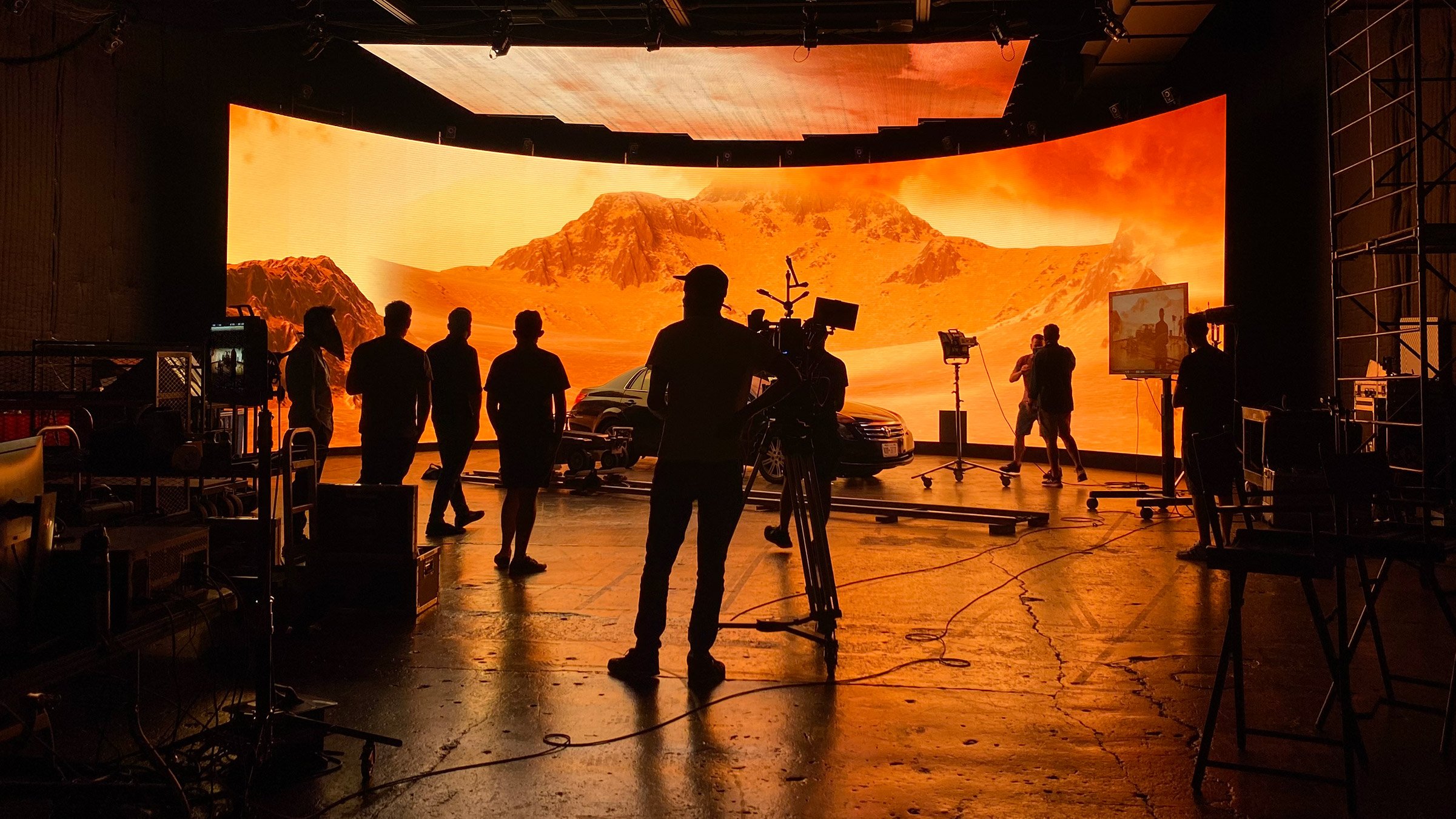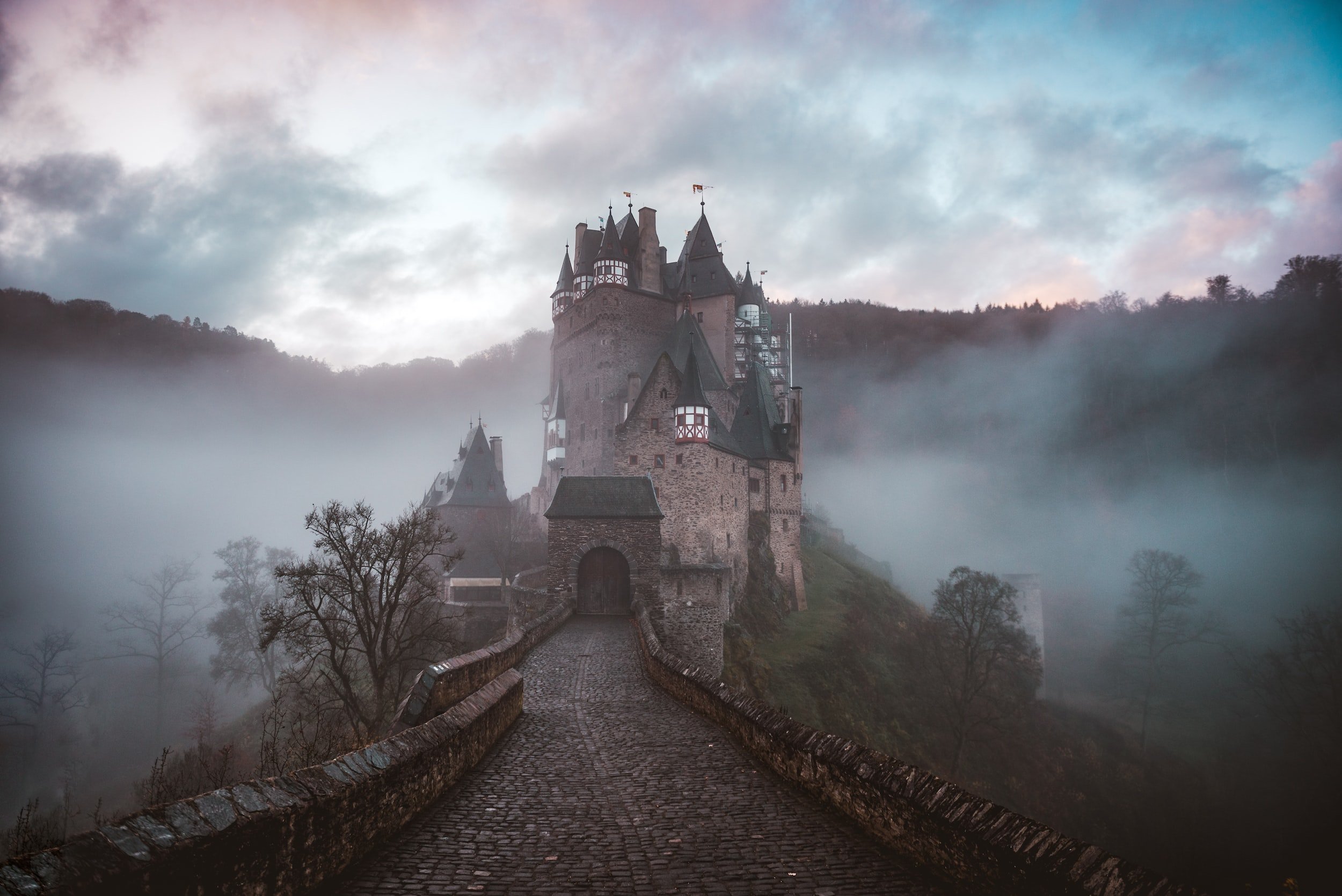As technology reshapes employment, artists face particular financial challenges, earning 30% less than their peers while lacking traditional benefits. This article examines how cities and organizations are testing new solutions—from guaranteed income programs to innovative pension schemes—to provide artists with greater economic stability.
AI Integration and Barriers in Education
Educators are grappling with the challenge of integrating AI into classrooms, fearing that these systems might replace traditional learning methods rather than enhance them. This brings us to the question: what barriers prevent educators from implementing artificial intelligence into their curriculum, and how can they be addressed?
Your 2024 Favorite Reads
Artificial Intelligence’s Involvement in the Human Creative Process
As AI continues to integrate into our everyday lives, how does it impact our creativity? Many researchers and scholars agree that the technology may promote significant opportunities in this space. By introducing novel ideas and opportunities to users, it may be most effective as a tool to augment, rather than replace, human creativity.
November News: Tech Innovations in Arts and Culture Markets
Major breakthroughs in the markets for art, books, and fashion arrive perfectly timed for the holiday season. Tech innovations demonstrate their ability to reshape markets and incentivize commerce across digital economies. From fine art to rare fashion finds, tech is redefining how we navigate digital art and cultural commerce. Read on to learn how you might make your next purchase with the help of artificial intelligence or the blockchain.
Future of Museums Summit 2024 Key Takeaways
Sustainability and AI were at the forefront this year at the American Alliance of Museums (AAM) Future of Museums Summit. What role will museums play in creating climate-friendly communities? And how can AI be used to maximize efficiency, increase accessibility, and deepen engagement? Read key conference takeaways from Xueer Ho and Dr. Brett Ashley Crawford.
Envisioning the Future of Museum Accessibility Through Artificial Intelligence
With AI’s ability to automatically produce content and process complicated datasets with high accuracy, museums worldwide are exploring ways in which this innovative technology can help them better achieve their missions and advance accessibility efforts. Through case studies, learn about three applications of this technology: content digitalization, language accessibility, and visual description.
Part I: A New Era of AI in the Entertainment Industry
As exemplified by the Hollywood strikes of 2023, we find ourselves in a new era of Artificial Intelligence in film and television. While studios are looking to cut costs, performers seek job security, and consumers seek quality content. Through research conducted in collaboration with facial motion capture technology provider Faceware Technologies Inc., Master of Entertainment Industry Management students at Carnegie Mellon sought to gain insight on how AI-generated content will transform existing industries, including how this technology could affect employment in the entertainment industry, content development, budgets, contracts, legislation, and privacy rights.
August News: From Games and Museums to Consumer Protection Policies
Did you catch this month’s headlines in tech and the arts? Advancements in technology make new opportunities for creators and consumers alike. Policy to support transparency in device repair and use of AI may help users make informed decisions. Meanwhile, a landmark Google antitrust ruling supports competition in the search engine market.
July News: Arts Leaders Face Big Questions on AI and Privacy
How can AI and blockchain play a functional role in arts and cultural organizations? At Christie’s 8th Annual Art + Tech Summit, top arts leaders gathered to address this question and more. While companies race to integrate the latest technology, uses may not align with consumer demand or practical need. With eyes on the creative industry’s next steps, companies must consider ethics of the AI tools they implement. For Disney, this resulted in a “hacktivist” cyber attack, leaking more than 1 TB of company data in protest of AI artwork policies. Meanwhile, individuals must take more responsibility in protecting their own data privacy as Google Chrome once again takes back promise to eliminate third-party cookies. Read more about this month’s news below.
Survey Results: Audiences and Generative AI and the Comic Book Industry
Studies focused on the “artistic” aspects of generative AI reveal negative bias, and a preference for human creations. None of these studies, however, account for the multimodality of comic books: text and image. Is a human-written story a mitigating factor for readers? Is it feasible for writers to become “AI comic book artists" or will consumers drive AI imagery out of the market altogether? Given the multitude of information making it difficult to discern how comic book consumers perceive AI imagery, the following provides first-person research by generating an AI comic and conducting a survey on unsuspecting comic book customers.
May News: AI, Misinformation, and Cybersecurity
Once again, AI continues to be front of mind this month. While companies expand AI functionality, artists call for protection of their likeness, and consumers call for accurate information. Meanwhile, cyberattacks evolve, and arts enterprises with high profile clients are challenged to respond. Looking at organizational workflow, popular tools like Canva are expanding to become a “one-stop shop” for design needs.
April News: Entertainment Industry Divided on AI Tools
This month, music and film are at the forefront as each battles with the future uses for burgeoning tech. While AI-generated film visuals seem to be coming up short, progress toward realistic AI-generated music is starting to send shockwaves. On the consumer side, music streaming tools are being released to allow more listening experience customization. Across the industry, artists are celebrating ways that some these new tools can enhance their work, while speaking out against potential impacts on jobs, compensation, and creative freedom.
Museum Computer Network 2023 Conference Takeaways
Staff Researcher, Venetia Liao, attended the 2023 Museum Computer Network Conference (MCN), and wrote about her four key takeaways: (1) Audience Engagement & Visitor Experience In Apps, Websites, Research, and Design, (2) AI, VR/XR/AR Usage & Concerns, (3) Data & Database Management For Collections Management & Marketing Strategy, and (4) Cybersecurity.
AI and Virtual Production: The Past Meets the Future
Technology has played a critical role in the film industry since its inception. Advances in the film industry are always closely related to technological advances in society, integrating them quickly into the filmmaking process. Almost every aspect of filmmaking, from pre-production to post-production, from digital cameras, editing software, sound and music, distribution, exhibition, and of course, special effects, has undergone major changes and has evolved over the last 190 years.
Contemporary, traditional film production involves building physical sets, scouting locations, and coordinating large crews and equipment, all of which can be time-consuming and expensive. To overcome some of these "problems" or “needs” was born what we know today as Virtual Production. Virtual production has and will be further enhanced by the opportunities afforded by artificial intelligence.
Artificial Intelligence Can Change the Game for Artists and Organizations
The successful future of the arts and arts organizations will include artificial intelligence (AI). Artificial intelligence operates in many spheres, from generative AI, including OpenAI’s ChatGPT, DALLe or VALLe, or OtterAI’s transcription tools to robots cleaning offices to machine learning algorithms. While the opportunities seem both endless and perhaps intimidating, strategic application of these tools can make a significant difference.
AI And Theatre: Playwriting, Stage Design, and Ticketing
Artificial Intelligence is being experimented with in the world of theater, from playwriting in traditional theatre, musicals, and improv. It is also being used for scene design and as a creative collaborator and director. Can AI successfully produce on these fronts? What does this mean for the future of the industry?
In the News: April 2023
Technologies like artificial intelligence and NFTs continue to break into new industries this April. The United States government licensed ChatGPT, dancers paired with robots, and music industry leaders have been taking a stand on AI-made music. We are in the midst of figuring out where these technologies fit into our lives, and how they will change our industries. Feelings of uneasiness continue. The following stories illustrate a variety of viewpoints on the ways in which technology has been integrated into new and unique settings as of late.
Massive Software’s Influence on Popular Fantasy Film
Massive Software creates hordes of fantasy armies using Artificial Intelligence and in doing so it has changed the fantasy entertainment game. Their realism is largely due to fuzzy logic, a “way to create naturalistic and subtle behavior” that human viewers will interpret as realistic and powerful. This combined with emergent technology offers a wide array of opportunity for creators.
In the News: March 2023
From rising STEAM programs to the emphasis on AI in popular culture, the interplay of art and technology allows for new visions to be imagined, new heights to be reached, and new stories to be told. This month, we’re highlighting some of the ways in which technology and art interweave to redefine the very definition of creativity.


